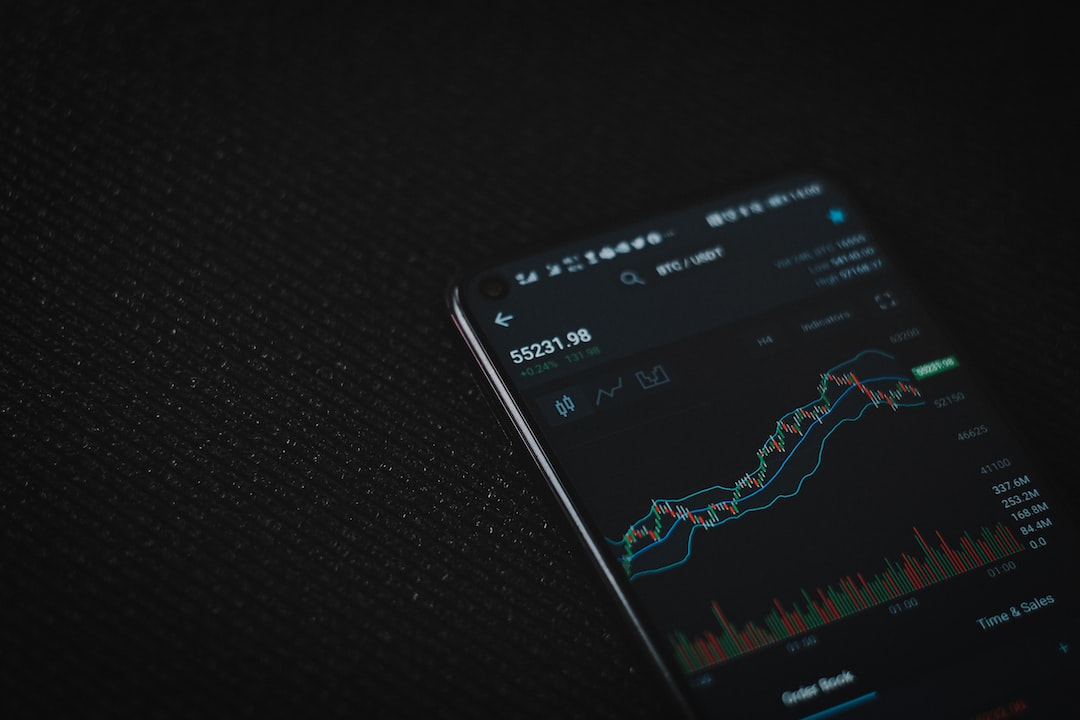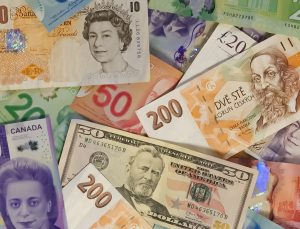Foreign exchange, or forex, is a decentralized market where currencies are traded. Forex trading can be done through various channels, including electronic communication networks (ECNs), direct market access (DMA), and dealing desks. A forex dealing desk is a platform where traders can buy and sell currencies through a broker. In this article, we will explain what a forex dealing desk is, how it works, and its pros and cons.
What is a Forex Dealing Desk?
A forex dealing desk is a platform where traders can execute trades with a broker. It is a centralized platform where traders can buy and sell currencies at the rates provided by the broker. Forex dealing desks provide traders access to liquidity and price quotes for different currency pairs. The dealing desk is a middleman that connects traders with the forex market.
How Does a Forex Dealing Desk Work?
When a trader wants to execute a trade, they place an order with the broker through the dealing desk. The broker then matches the order with a liquidity provider, which is usually a large financial institution or bank. The liquidity provider offers the best bid and ask prices for the currency pair, and the broker passes these prices to the trader. The trader can then choose to execute the trade at the provided price or wait for a better one.
The broker earns revenue from the spread, which is the difference between the bid and ask prices. The spread is the broker’s commission for executing the trade. The broker can also earn revenue from additional fees, such as commissions, overnight fees, and account maintenance fees.
Pros of Forex Dealing Desk
1. Convenience: Forex dealing desks offer traders the convenience of executing trades through a broker. Traders don’t have to worry about finding liquidity providers or managing multiple accounts.
2. Access to Liquidity: Forex dealing desks provide traders access to liquidity from multiple sources, including banks and financial institutions. This ensures that traders can find a counterparty for their trades.
3. Tight Spreads: Forex dealing desks can offer traders tight spreads since they can aggregate the best bid and ask prices from multiple liquidity providers.
Cons of Forex Dealing Desk
1. Conflict of Interest: Forex dealing desks can have a conflict of interest with their clients. Since the broker earns revenue from the spread, they may have an incentive to offer less favorable prices to their clients.
2. Slippage: Forex dealing desks can experience slippage, which is the difference between the expected execution price and the actual execution price. This can occur during times of high volatility or low liquidity.
3. Limited Transparency: Forex dealing desks may not offer transparent pricing since they are not required to display their liquidity providers or the prices they offer.
Conclusion
Forex dealing desks are a popular way for traders to access the forex market. They offer convenience, access to liquidity, and tight spreads. However, they also have their drawbacks, including a conflict of interest with clients, slippage, and limited transparency. Traders should carefully consider the pros and cons of forex dealing desks before choosing a broker. It is essential to find a broker that offers fair pricing, transparency, and excellent customer support.





